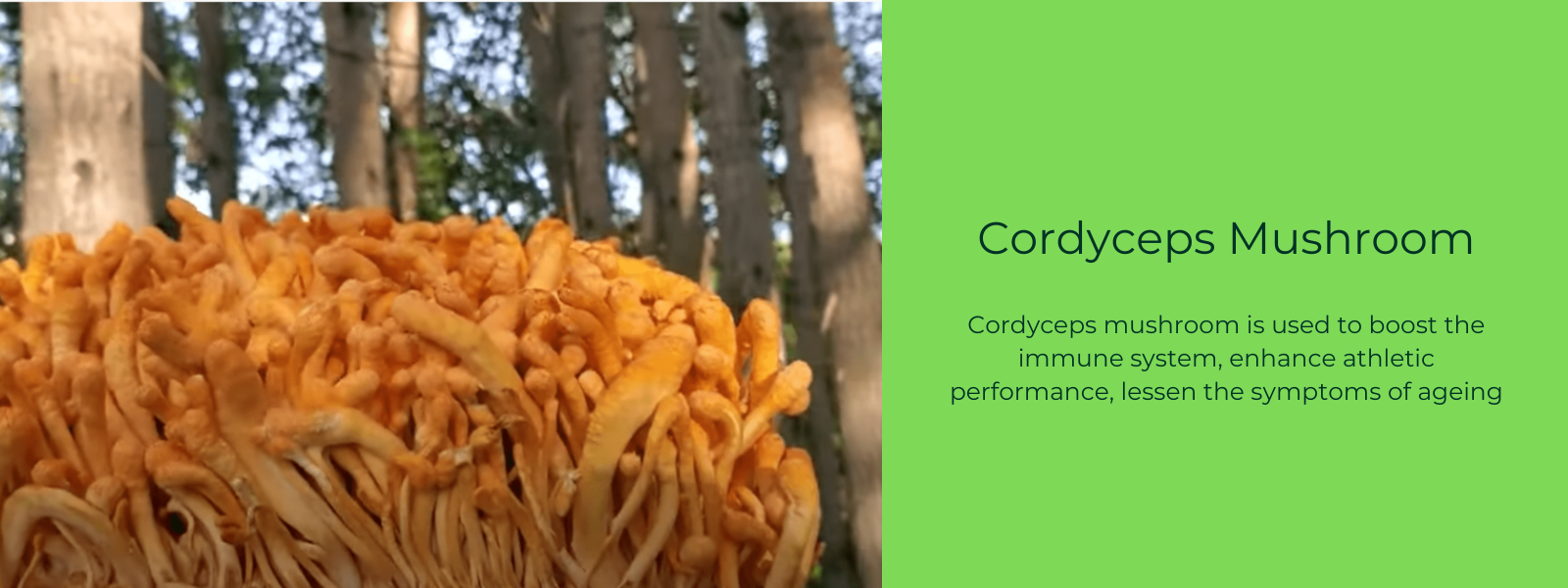Mushrooms are a unique dietary source of vitamin D, particularly when exposed to sunlight or ultraviolet (UV) light. Unlike most plant-based foods, mushrooms can synthesize vitamin D2 (ergocalciferol) when exposed to UV light, which is crucial for bone health, immune function, and overall well-being. Vitamin D helps the body absorb calcium and phosphorus, essential for maintaining healthy bones and teeth. Regular consumption of UV-exposed mushrooms can be a valuable addition to a diet, especially for those who have limited sun exposure or follow a vegetarian or vegan diet. This makes them an excellent natural option for boosting vitamin D levels and supporting overall health.
Table of Contents
What Makes Mushrooms a Rich Source of Vitamin D?
Mushrooms are unique among fruits and vegetables due to their ability to produce vitamin D when exposed to sunlight or ultraviolet (UV) light. They contain ergosterol, a compound that converts to vitamin D2 (ergocalciferol) under UV exposure, making mushrooms an excellent plant-based source of this essential nutrient.
Factors Contributing to Vitamin D Content in Mushrooms:
- Exposure to Sunlight or UV Light:
- Wild mushrooms that grow in natural sunlight generally have higher levels of vitamin D than those commercially grown.
- Some commercially grown mushrooms are exposed to UV light post-harvest to increase their vitamin D content.
- Type of Mushroom:
- Different mushroom species have varying abilities to produce vitamin D. Varieties such as maitake, shiitake, and portobello are particularly high in vitamin D when exposed to UV light.
Health Benefits of Vitamin D from Mushrooms:
- Bone Health:
- Vitamin D is essential for calcium absorption in the body. Consuming vitamin D-rich mushrooms supports strong bones and teeth, reducing the risk of osteoporosis and fractures.
- Immune Support:
- Adequate vitamin D levels enhance the immune system's ability to fend off infections and illnesses by activating immune cells that protect against pathogens.
- Cardiovascular Health:
- Vitamin D helps regulate blood pressure and reduce inflammation, contributing to heart health and lowering the risk of cardiovascular diseases.
- Mood and Mental Health:
- Research indicates that sufficient vitamin D levels are linked to a reduced risk of depression and improved mood. Vitamin D receptors in the brain suggest its role in cognitive function and emotional regulation.
- Muscle Function:
- Vitamin D is vital for muscle strength and function, aiding muscle contraction and reducing the risk of muscle weakness and falls, especially in older adults.
Ways to Incorporate Mushrooms into Your Diet:
- Sautéed Mushrooms:
- Sauté mushrooms in olive oil or butter with garlic and herbs for a simple, nutritious side dish.
- Salads:
- Add raw or cooked mushrooms to salads for extra texture and nutrients.
- Stir-Fries:
- Include mushrooms in stir-fries with other vegetables and proteins for a balanced meal.
- Soups and Stews:
- Add mushrooms to soups and stews for enhanced flavor and nutrition.
- Omelets and Scrambles:
- Mix mushrooms into omelets or scrambled eggs for a nutrient-packed breakfast.
- Grilled or Roasted:
- Grill or roast mushrooms with your favorite seasonings for a tasty, healthy addition to meals.
Best Mushroom Recipes for Vitamin D Intake:
- Stuffed Mushrooms:
- Fill mushroom caps with cheese, herbs, and breadcrumbs, then bake until golden brown.
- Mushroom Risotto:
- Prepare a creamy risotto with a variety of mushrooms, Parmesan cheese, and fresh herbs.
- Mushroom Soup:
- Make a hearty mushroom soup with vegetable broth, cream, and a blend of mushrooms.
- Grilled Portobello Mushrooms:
- Marinate portobello mushroom caps in balsamic vinegar and olive oil, then grill until tender.
- Mushroom and Spinach Salad:
- Toss fresh spinach leaves with sliced mushrooms, red onions, and a light vinaigrette.
Conclusion:
Mushrooms are a superb plant-based source of vitamin D, offering numerous health benefits. From supporting bone health and enhancing immune function to promoting cardiovascular health, mood stability, and muscle function, the vitamin D in mushrooms is crucial for overall well-being. Incorporating mushrooms into your diet through various delicious recipes can help you enjoy their health benefits and maintain a balanced, nutritious diet.











Leave a comment